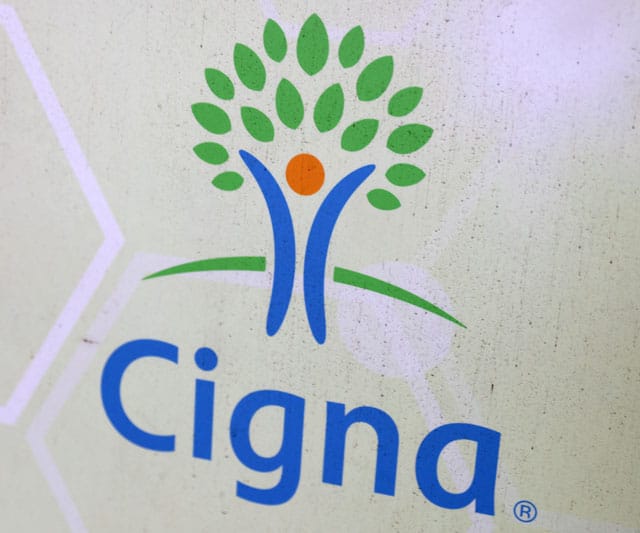U.S. health insurer Cigna Group is exploring the sale of its Medicare Advantage business, which provides additional benefits to those covered by federal health insurance, a move that would mark a reversal of its expansion in the sector, according to people familiar with the matter.
Cigna, which got into the Medicare Advantage business with its $3.8 billion acquisition of HealthSpring in 2011, would be backing away at a time the U.S. government is tightening its purse strings in reimbursing health insurers for their services should it go through with the move.
Cigna is working with an investment bank to evaluate options for its Medicare Advantage business, which could fetch several billions of dollars in a potential divestment, the sources said.
The discussions with interested parties, including other companies and private equity firms, are at an early stage and Cigna may decide to keep the business, the sources added, requesting anonymity because the matter is confidential.
A Cigna spokesperson said the company does not comment “on rumors or speculation” as a matter of policy. Cigna shares rose as much as 1% to $314.06 after Reuters reported the talks, but gave back some of those gains and were up about 0.4% in midday trading.
Cigna generated 14% of its $135.7 billion revenue in 2022 from the Medicare Advantage business, which includes policies that supplement benefits provided by federal insurance as well as a prescription drug business. Those eligible must already be covered by Medicare, a government program that mainly applies to Americans age 65 and over, or those with some disabilities.
The Bloomfield, Connecticut-based company said last week on its quarterly earnings call that it has expanded the geographic footprint of the business from 20% of those eligible for Medicare Advantage coverage in 2019 to more than 40%. It also disclosed its customer base had increased 13% year-to-date.
Cigna also said profit margins in Medicare Advantage in 2023 continue to be below its long-term target of 4% to 5%, which it expected to remain the case in 2024. The company blamed administrative expenses as it expanded the business, but also cited changes in the U.S. government’s reimbursement model as weighing on the unit in its latest annual report.
Cigna has said it expects changes to the government’s star rating system, which informs some of the reimbursement decisions, will lead to a decrease in the rating of its Medicare Advantage business in payment-year 2024.
Goldman Sachs analysts in an April note said the new reimbursement framework introduced by the U.S. Centers for Medicare & Medicaid Services earlier this year would create a near-term “overhang” on Medicare Advantage businesses, and that its exact impact would be hard to assess.
Cigna said in September it would pay about $172 million to settle charges from U.S. prosecutors that it overcharged the Medicare Advantage program by making patients appear more ill than they actually were. It also entered into a five-year compliance agreement with the Office of Inspector General of the U.S. Department of Health and Human Services.
The vast majority of Cigna’s revenue comes from its commercial platform serving large employers, and from its pharmacy benefits division, bolstered by a $52 billion purchase of Express Scripts in 2018.
Cigna reported third-quarter earnings last week that beat analysts’ expectations, and it raised its full-year profit forecast, on the back of a strong performance in its pharmacy benefit unit and lower-than-expected insurance claims.
This article was provided by Reuters.







